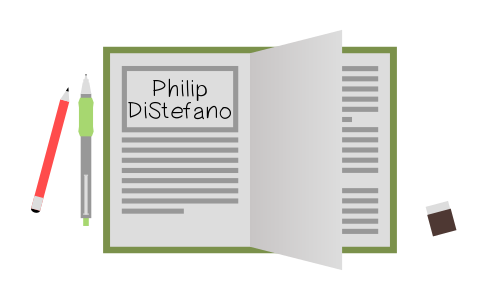If you’ve read everything in this series up until this point, you’ve seen me say this before, but it bears repeating: everything you write is reduced or lifted to the quality of your editing. Editing is more than making sure you’ve spelled everything correctly, and you certainly can’t just call it done because there are no red squiggly lines in your document. Here’s a quick list of the types of things you’re looking for in your first round of editing:
- Grammar mistakes
- Plot holes/inconsistencies
- Plot changes you want to make
- Detail you want to add
- Awkward phrasing/word usage
- Use of an uncommon word too many times in close proximity
I usually begin the process of my first round of editing the day after I’m finished writing the last chapter. You will absolutely want to take time away from your story to be able to give it a fresh set of eyes, but you can do that later. For now, we want to get the story in a state where you are confident it won’t change drastically and happy enough with it to let someone else read it for their feedback.
Your process for editing should be the same as it was for writing – pick a time and dedicate it to editing. I’m not going to rewrite my suggestions, because if you’ve gotten this far, you’ve probably developed a pretty solid process and fallen into a groove that clearly works for you.
One of the weird things about editing is that it can actually instill more doubt in you than the writing process does, because you’re literally trying to pick flaws out of your work. Again, ignore the doubt and stay positive. You’re doing a great job, and you are well on your way to finishing this thing.
It can also be a bit scary to take your completed manuscript and make significant changes to it, but you need to be open to it. Writing is a very personal process, and people get close to their characters, their ideas, and all that they’ve created, but sometimes, it’s in the best interest of those very things to make major changes while editing. While writing Iterate, I completely changed an entire subplot during editing because I realized that not doing so opened a plot hole, and the initial idea felt less realistic than my proposed change. The resulting change absolutely ended up feeling more natural and fit the story better.
As for basic grammar mistakes, this is the time to research anything you aren’t sure about. You are no longer worried about interrupting your train of thought, so research whatever needs research. Make sure any changes you make to grammar, additional details you add, or story changes you make fit the the context of the original location of what you are changing. I hate to admit how often this happens to me, but sometimes I’ll make a change, and on a subsequent round of editing realize I added a detail that was already in the sentence before the change, or used an uncommon word in too close proximity to itself. This happens in later rounds of editing more often than the first round, but it’s worth mentioning now so you can try to avoid it.
You are going to be shocked the next time you read your story how many things you missed, but that’s okay. That’s why we do this multiple times, and it’s why we put it aside for a while so you can approach it with a fresh perspective. By the way, did you notice that I repeated the word “the” in the paragraph above this one? Trust me, it is crazy how many things you’ll find like this on your next round of edits and/or final read-through, no matter how good of a job you think you’re doing this time. It’s all a part of the process.
